Advertisement
The short answer from a geriatric medicine specialist
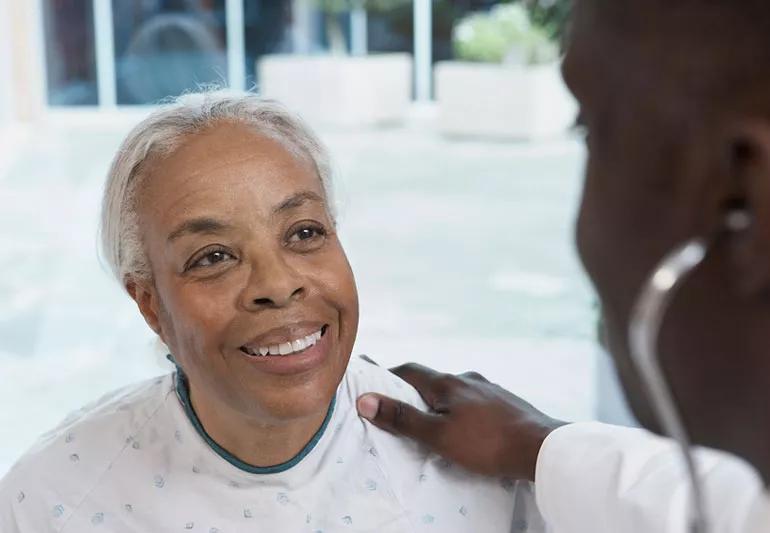
A: A geriatrician is a doctor who is a successful aging specialist. We have additional training in successful aging – so not just treating diseases of the elderly but also preventing diseases of the elderly.
Advertisement
Cleveland Clinic is a non-profit academic medical center. Advertising on our site helps support our mission. We do not endorse non-Cleveland Clinic products or services. Policy
What we do is very distinct and unique. We are not trying to duplicate what your primary care physician does. Your primary care physician knows you well, and you have a relationship that has been built over time. We very much want you to have that. But we want you, in addition, to come in and see your aging specialist once a year.
We will talk about issues that might not come up in conversation with your primary care physician, such as:
There are about 52 ways that our bodies naturally change between ages 50 and 80 – things like eyesight, hearing and memory. We can talk through those things and differentiate between what’s normal and what’s not. We also talk about the importance of less obvious things like staying hydrated because you might not feel as thirsty, and eating enough protein so that you’re maintaining muscle.
We generally start seeing people around age 50. There’s not an age where you suddenly become “geriatric,” but in terms of successful aging, you can never start too early.
Advertisement
We want you to feel empowered to know what’s changing with your own body so that you can take control of your own health and make these adjustments. People are living longer but they’re also living better. We are the biggest advocate for each one of us as we get older.
— Geriatric medicine specialist Ardeshir Hashmi, MD
Advertisement
Learn more about our editorial process.
Advertisement

From influenza and COVID-19 to pneumococcal, shingles and more, vaccines help keep you healthy
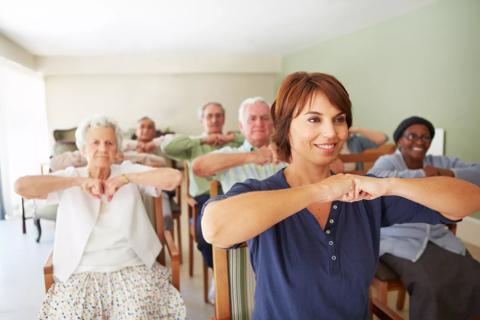
Chair exercises can help people age 65+ retain independence
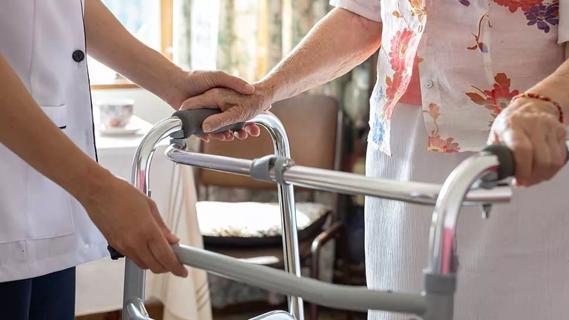
It’s critical to understand the wishes of your loved one and seek their involvement whenever possible
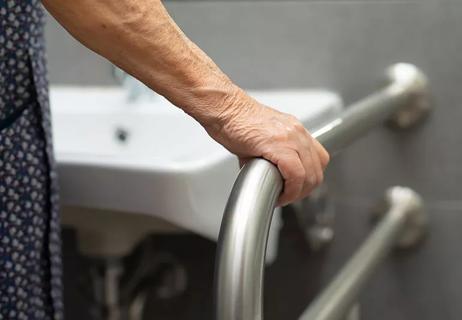
Some planning, products and projects can help older adults stay in their homes safely longer
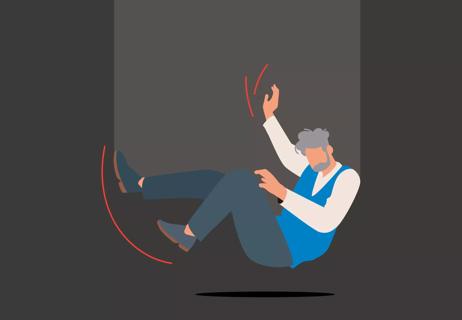
Staying active and doing what you love may increase both your confidence and your balance
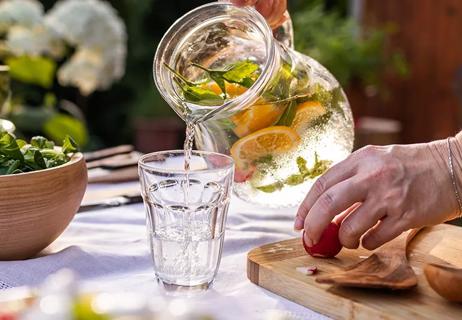
Drink water, of course! But there are also other ways to stay hydrated
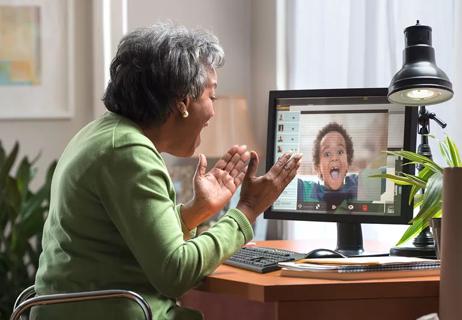
Loneliness is a key factor in worsening mental health among seniors
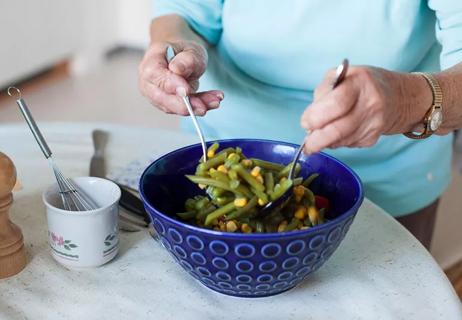
Age-related physical changes and personal circumstances can impact healthy eating

When you get bogged down with mental tasks, you can experience mood changes, sleeplessness and more
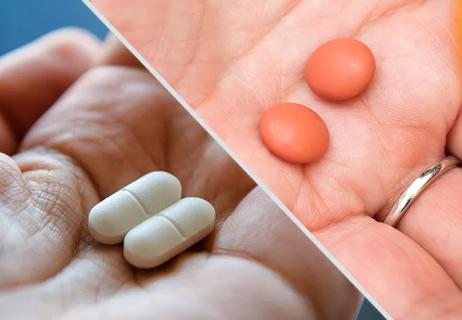
You can alternate these OTCs to help with pain management and fever reduction

Non-exercise activity thermogenesis is all the activity we do that’s not technically exercise but is still important to your health and well-being